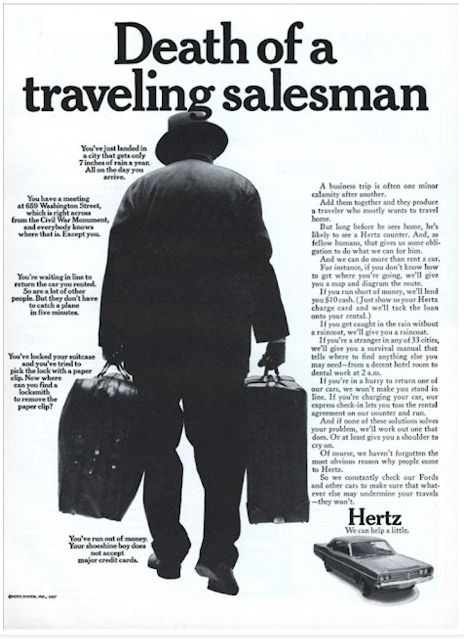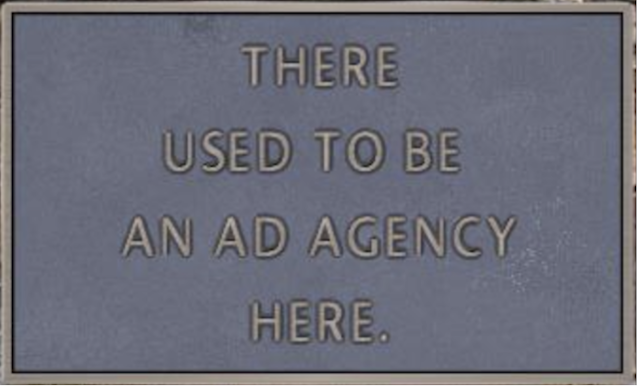Outside of Estadio de Beisbol de Francesco I. Maduro, though it looked nothing like the areas surrounding Yankee Stadium in the South Bronx, reminded me of those areas.
Everything was more than a bit run-down. Those few buildings that didn't need a fresh coat of paint were painted with too many coats, and that paint was chipping away and giving some kid with missing parents lead poisoning.
There wasn't in the whole of either neighborhood, the one where I played ball back during the summer of 1975 in Saltillo, Mexico, or the one I grew up within spitting distance of, a right angle in any building anywhere. Like the sonic boom quiet of the house my parents tamped me down in, everything was built on a tilt. Nothing grew strong. Everything had scoliosis, real or spiritual.
Still, I liked the dusty streets around el Estadio, the way an experienced sailor likes a harsh gale. You might die, the feeling goes, but at least you'll go down with a bang, not a whimper, with a fight, not a simper. By the time you're dead, you'll know you had lived.
When I walked to the ballpark, sometimes with my manager, Hector Quetzacoatl Padilla, whose home I boarded in, or sometimes with Karmen Rodriguez, the girl in the white dress, with whom I had fallen in love, or sometimes just by myself, I felt that I was the king--or at least a minor prince--in an even more minor imperial backwater in a rump kingdom in a long-forgotten state.
The women, carrying buckets and mops and keeping their crooked homes less dirty, would hail me. The men, leaning into the open hoods of rusty old Plymouths, would call to me, their two-inches of ash adhered by dried spittle to their cracked and sere lips.
"Jorge Navidad," someone would call. "You must hit two doubles today. I dreamed it last night in a dream."
"Two doubles," I would shout back in my bad Spanish. "You must for now on have dreams with less ambition."
The whole block would laugh with me. As this whole world was a world that lived on less ambition. Ambition was no good in this neighborhood. It would only serve to get you robbed or killed by the government, in whatever order was most convenient for them.
One early afternoon, before the Seraperos would play a twilight doubleheader, I walked to the ballpark with Hector. We did not walk the walk of intention--the walk of I have to get someplace in a hurry. We were early to the ballpark people and we walked with a resigned shuffle, barely picking up our feet from the broken-up asphalt of the broken-up streets. We would get there just the same.
Two men in sleeveless t-shirts sat in mismatched wooden chairs leaning back against a broken fence from a dirt yard with tufts of grass like a bald man's back. I could not imagine why they did not fall backward in their chairs--they were leaning so far. But they seemed in complete syzygy with the universe's inexplicable gravitational forces. If he were here, Sir Isaac Newton would have gone on a four-day bender. It made no sense.
"Little Cheese," one of the men called to Hector, barely wobbling in his chair. Over the years Hector Quetzacoatl became Hector Quesadilla became Little Cheese. Like good hitters everywhere, Hector went with the pitch.
We walked together slowly over to the tilted men. Alongside one of their chairs, laying of course in the uncool of the shade was a dog who was like so many people everywhere. He was a dog who had never known love. It slept against the heat of the early afternoon and was every bit as languid as all that was around him.
"Little Cheese," the fatter man asked, "who will you lose to today?"
Hector dodged the blow.
"We are playing two today against Tabasco. Jorge Navidad," Hector asked me with a stage whisper, "Will we lose today as the gentleman claims?"
"I think when the wind is gentle like today, and the air is thin, the Cardinales pitch the ball up. A lot of home runs will fly over the lovely outfield wall, like an eagle flying to its mountain nest."
We laughed at my hyperbole and my overwrought Spanish. Our laughter waking the dog who yelped a sad yelp and then began scratching behind his ear with a staccato paw.
Hector shook the hand of each man and we continued our walk to Estadio de Beisbol de Francesco I. Maduro.
"You know all people have dreams," Hector said to me. "It does not matter big or little, rich or poor, a good player of baseball or a bad."
"There are more bad than good," I said.
We were nearing the stadium. It was still three hours before the games would begin. I hoped that the clubhouse man would put some sandwiches out for us to eat and a coca-cola.
"All people have dreams," Hector repeated as he held open the clubhouse door for me. "A lot of dreams begin here."
"Even more end here," I said. "Maybe I dream of two doubles--one standing up. But instead, strike out three times and dribble twice to the pitcher."
"It is better to dream of the two doubles, one standing up," Hector laughed. "Even the flea, he has dreams. Even the little flea."
I sat on the shellacked wooden bench before my cubby, taking off my shoes for my spikes.
"Even the little flea," Hector said, calling from his pale cinder-blocked office. "He might one day hit a double."
"Or at least a single," I answered.
"Even the little flea," he shouted, "even the little flea, he dreams," Hector said. "Even the little flea dreams of buying a dog."



















































